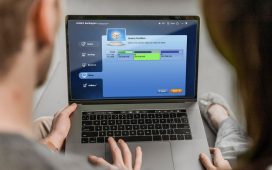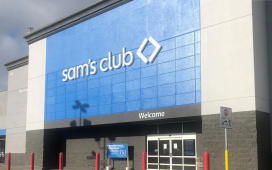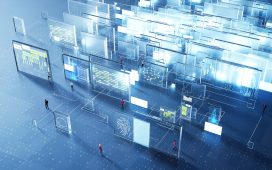
San Francisco, California, USA – May 16, 2017: An Uber self-driving Volvo XC90 SUV on 7th street and Market part of Uber’s testing program within San Francisco that resumed in March.
Getty
Uber will expand data collection for potential autonomous vehicles in Dallas, beginning in November, the ride-hailing service said Tuesday.
The data will be collected by a human driver, or as Uber calls it, a mission specialist. The data will be used to develop high-definition maps, that someday could enable self-driving vehicles to carry passengers on certain streets in downtown Dallas.
The company also hopes the research will help it better understand everyday driving scenarios that can be recreated in simulation labs and test tracks
Uber has already begun collecting comparable data in Pittsburgh, San Francisco and Toronto.
Sensors located on the roof of the vehicles will scan the area, mapping the streets on which they travel. Data gathered in these trips could be used to improve the object-recognition capability of Uber’s artificial intelligence systems.
Mapping is an expensive, time-consuming and labor-intensive process requiring frequent trips in the specially-equipped vehicles, as well as humans who annotate features such as lane markers, crosswalks and stop signs.
But just collecting data does not necessarily mean Uber will test its self-driving system in Dallas, according to one Uber executive.
“While we are certainly excited by this possibility, we are also committed to ensuring that every mile we drive on public roads contributes meaningfully to our development work,” said Austin Geidt, head of Uber ATG Strategy.
Uber began collecting data for potentially autonomous vehicles in 2016 when it acquired the mapping operations supporting Microsoft’s Bing Maps. The acquisition included software, cameras and an image collection team of about 100 employees.
Last month, Texas Governor Greg Abbott approved a $24 million grant from the Texas Enterprise Fund for a new Uber hub in Dallas. Abbott said the funding will help create 3,000 jobs.
In March 2018, Elaine Herzberg, a 49-year-old Arizona woman, was struck and killed in Tempe, Ariz., by an Uber autonomous test vehicle.
While a county attorney appointed to investigate the matter found in March 2019 that Uber was not criminally liable for Herzberg’s death, the incident prompted much closer scrutiny of the company’s technology.
Uber took all its autonomous vehicles off public streets in North America after the death, but resumed autonomous driving tests in Pittsburgh late last year.
The Pennsylvania Department of Transportation required that all Uber vehicles must have at least one human backup driver and two if the company plans to exceed 25 miles per hour.








